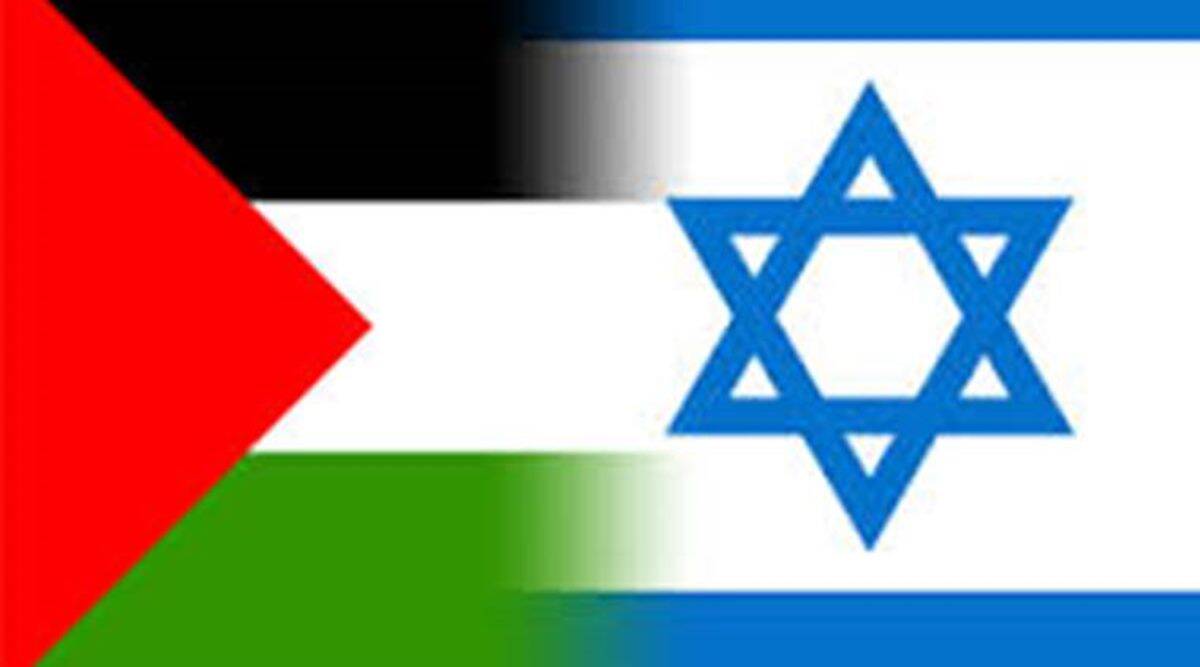Israel faces legal obligations for including Palestinians in COVID-19 vaccine
Israel has vaccinated a larger share of its population against COVID-19 than any other country, and is aiming to achieve “herd immunity” from the virus by the end of spring or midsummer, the Israeli Health Ministry told NPR.
More than 800,000 of Israel’s population of about 9 million have received COVID-19 vaccination shots. The country aims to vaccinate 25% of Israelis by the end of January.
The vaccination drive began Dec. 19 with Prime Minister Benjamin Netanyahu receiving the first shot on live TV. Israel so far is using the vaccine made by Pfizer and BioNTech and is awaiting a shipment of Moderna’s vaccine.
Figures compiled by Our World in Data, a website published by Oxford University, put Israel in the lead in vaccination doses administered per 100 people. But the country is behind China, the United States and the United Kingdom in the total administered as of Thursday.
By late January, Israel had vaccinated more than 30% of its population – more than double or triple the rate of other high-income states like the United States, the United Kingdom, France and Germany. The vaccination program has been so successful, Israel is now opening it to 16-year to 18-year-olds.
In contrast, Palestinians in the West Bank and Gaza Strip have seen very few among their population vaccinated. On January 31, Israel announced a plan to transfer 5,000 doses to Palestinians to immunise front-line medical workers after weeks of global pressure, but no timeline on the delivery was given. That also still leaves the general Palestinian population without means to a vaccine.
This disparity has led to criticism from US lawmakers that Israel is shirking its responsibility and a statement from the United Nations urging Israel to “help address the priority needs of Palestinians”. Doing so would be “in line with Israel’s obligations under the international law,” according to Tor Wennesland, the UN special coordinator for the Middle East peace process. Human rights groups like Amnesty International, Human Rights Watch and civil society organisations throughout Israel and Palestine have echoed those sentiments.
As a scholar of health management and policy who has worked in the occupied West Bank, I would argue that not only is Israel under legal and moral obligations to include Palestinians in the vaccine program, but it is also in its own self-interest.
